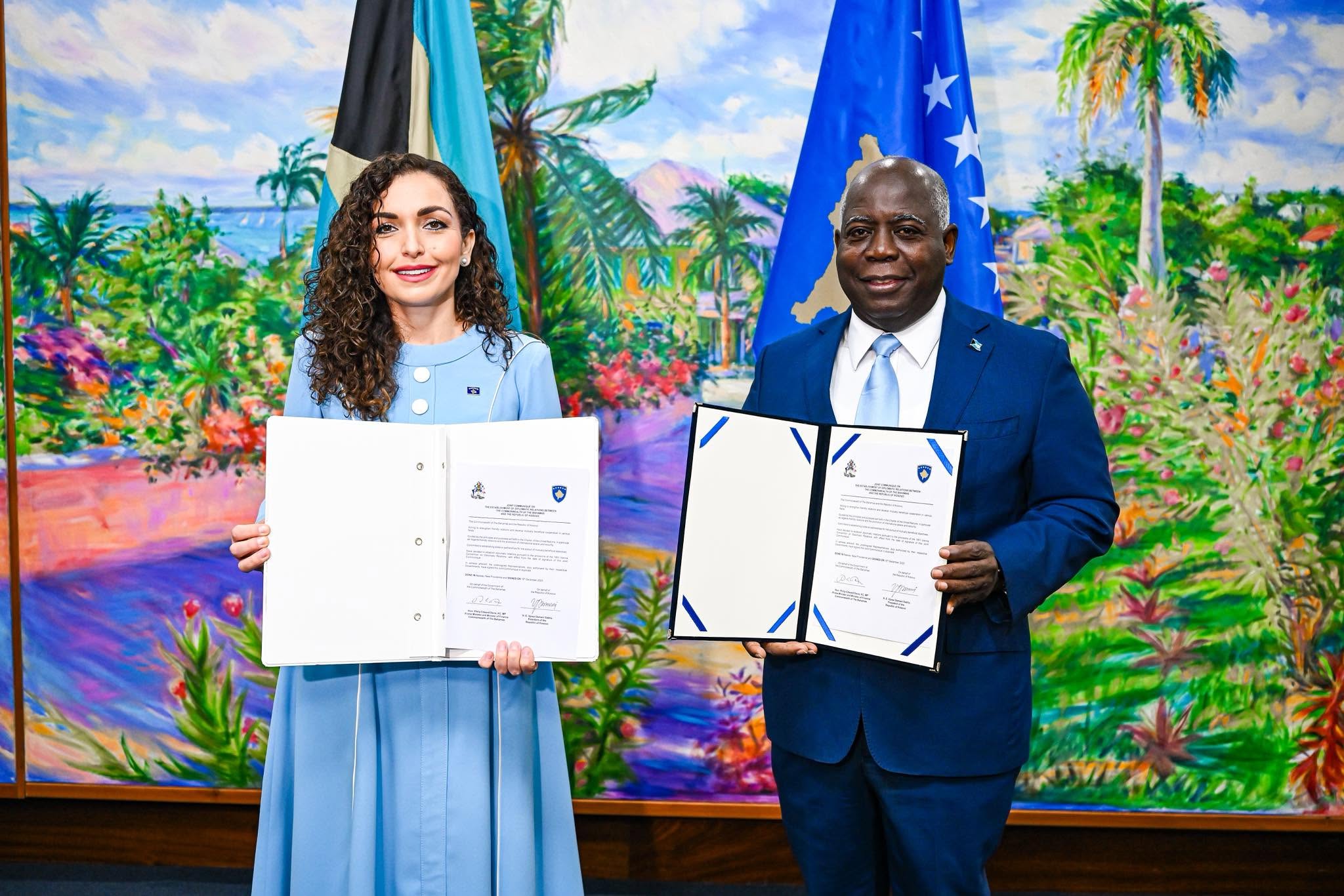The Office of the President of Montenegro has proposed that President Jakov Milatović assume leadership of the National Council for Sustainable Development, in a move aimed at revitalizing the long-dormant body and enhancing the country’s progress toward European Union membership.
In a statement released on Wednesday, the president’s public relations service said the initiative would ensure regular Council meetings, strengthen cooperation among stakeholders, and increase the Council’s influence in shaping strategic policies, especially in areas directly impacting Montenegro’s EU path, quality of life, and environmental protection.
“Chapter 27, dealing with environment and climate change, is one of the most complex, demanding, and financially burdensome chapters in the EU accession negotiations,” the statement said. “Successfully closing it will require clear political will, institutional coordination, and social consensus.”
The President’s Office noted that the Council was previously chaired by the head of state until 2022, but currently has no representative from the presidency. The Council is seen as a key platform for aligning development goals with EU and global sustainability agendas, including the UN’s 2030 Agenda, the EU Green Deal, and the Green Agenda for the Western Balkans.
The National Council brings together representatives from nearly all sectors of society—state institutions, local governments, civil society, academia, the private sector, and independent experts. According to the 2022 decision regulating its composition, it should have 40 members, including 18 ministers, parliamentary and municipal representatives, public agencies, academic leaders, business associations, and civil society groups.
Despite its significance, the Council has not met since 2019, although it is required by statute to convene at least twice a year. The government has not yet constituted a new session of the body, nor has it responded to inquiries regarding when this might happen.
The State Audit Institution (DRI) flagged the Council’s absence in a report published in May, warning it undermines the institutional preparedness needed to achieve Montenegro’s sustainable development goals. DRI Senator Branislav Radulović said a follow-up audit may be conducted if the situation remains unresolved.
“The Council has the potential to be a central venue for long-term development planning, grounded in sustainability, equity, and responsibility to future generations,” the President’s Office said. “Unfortunately, it currently does not function as it should. Meetings are irregular, recommendations are lacking, and policies on sustainable development are often created without intersectoral dialogue or input from this advisory body. This is a failure that must be corrected.”



